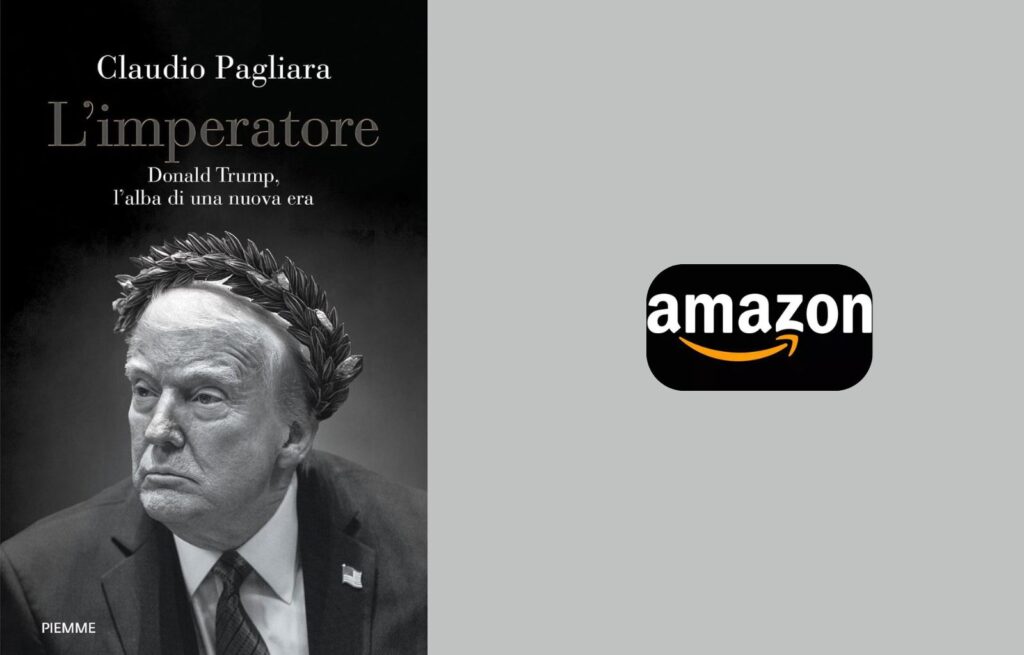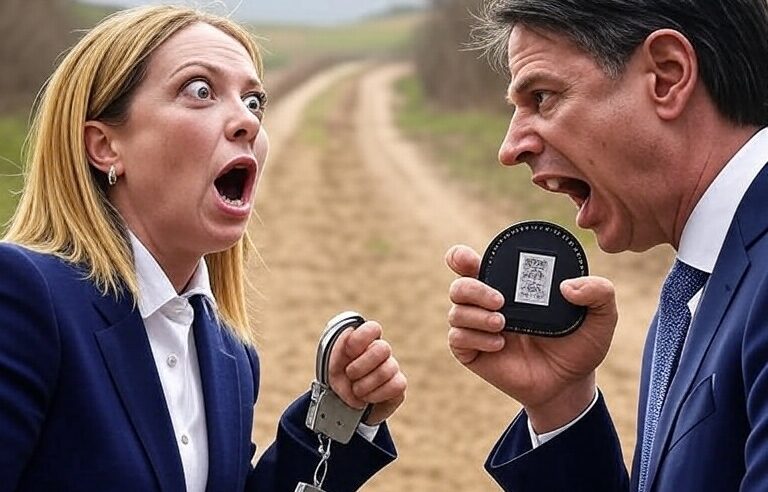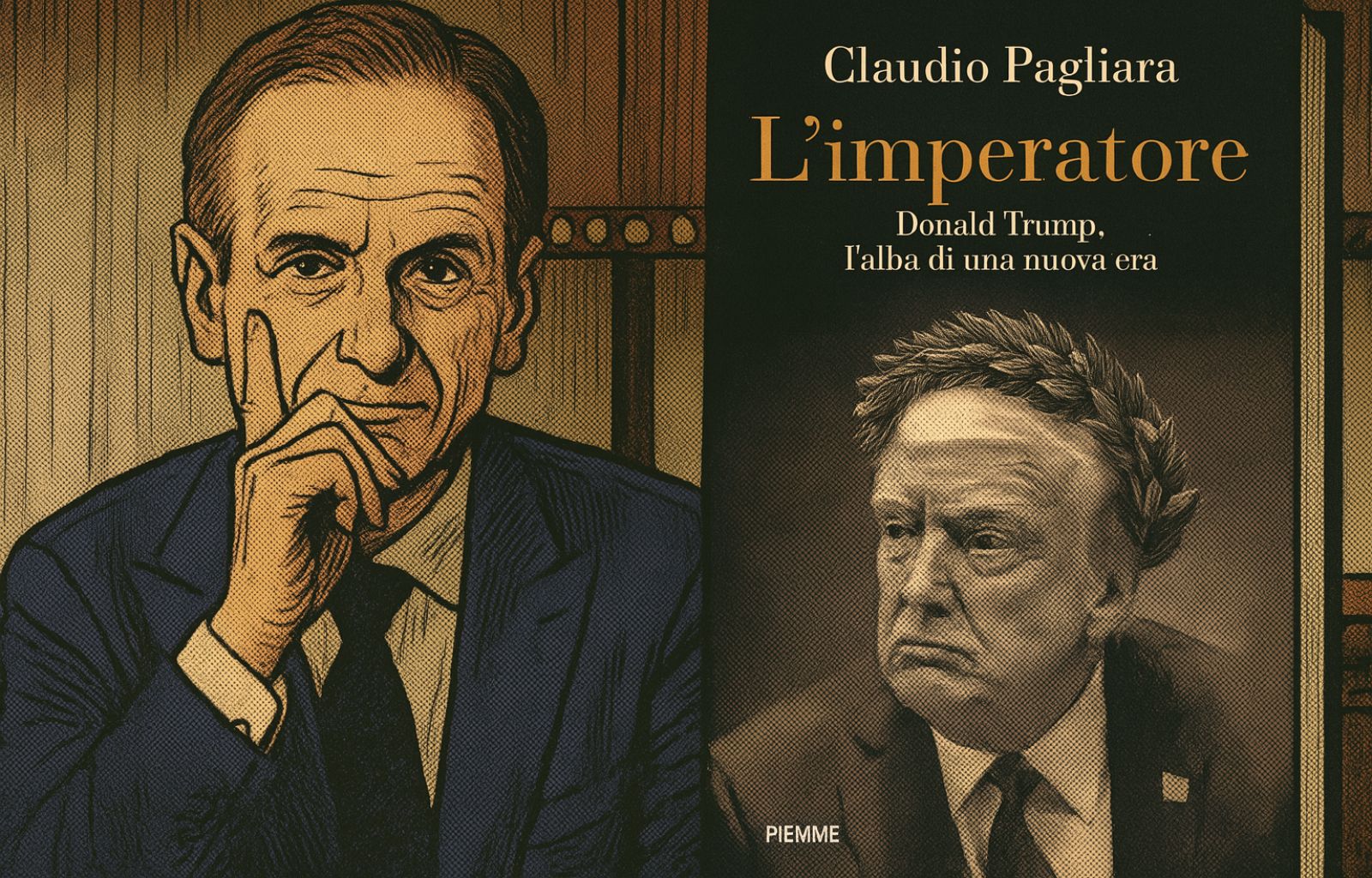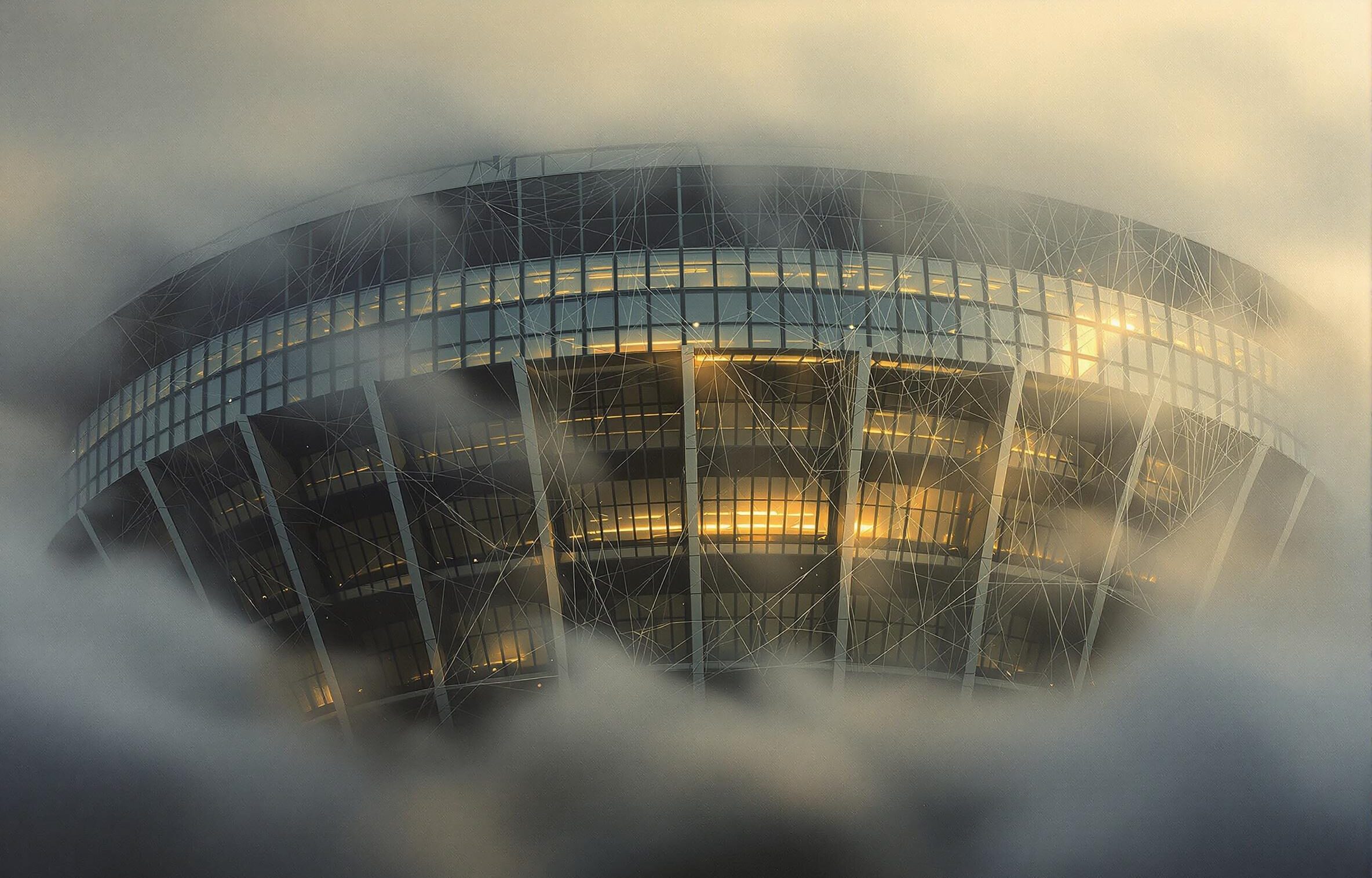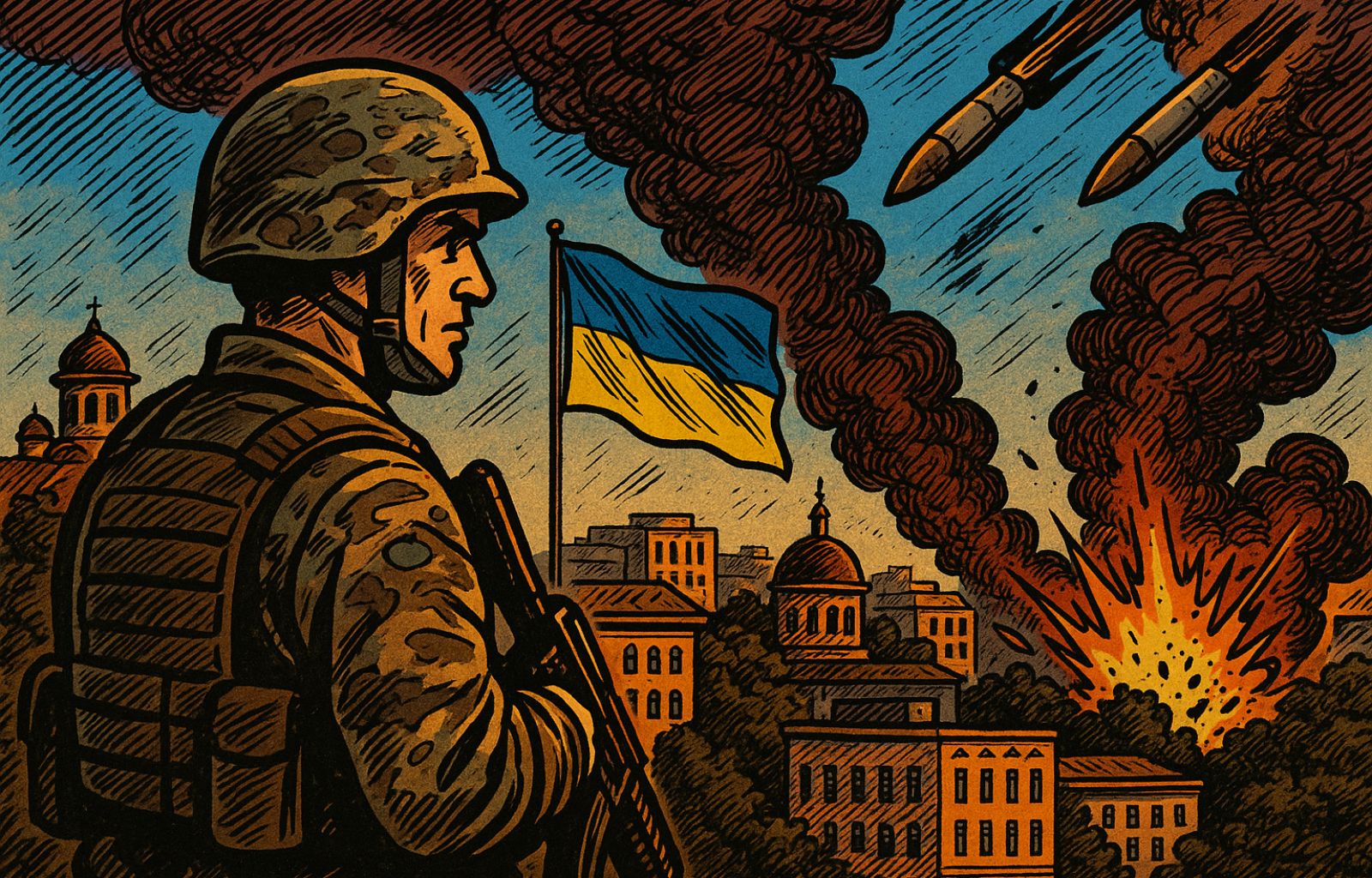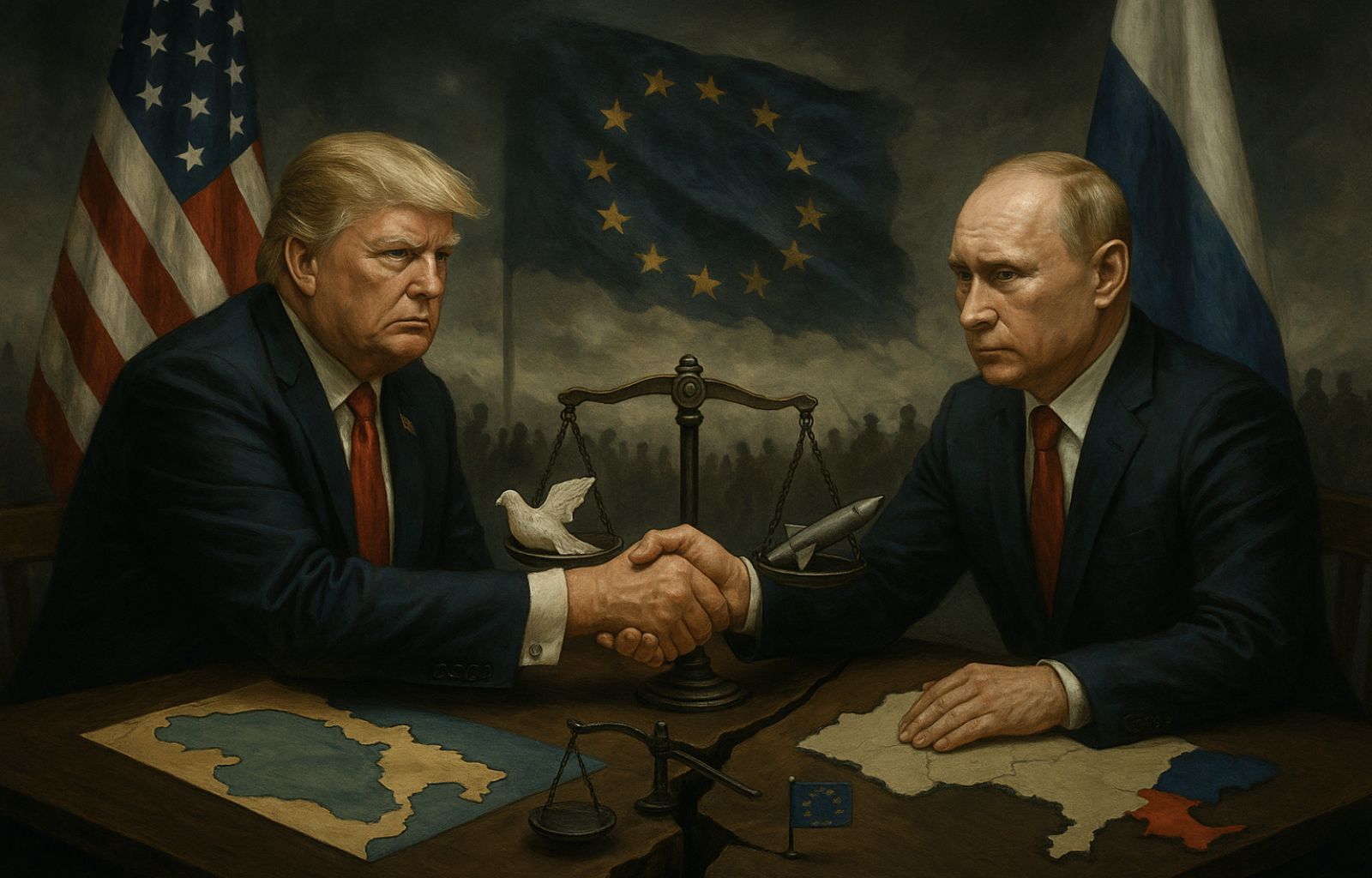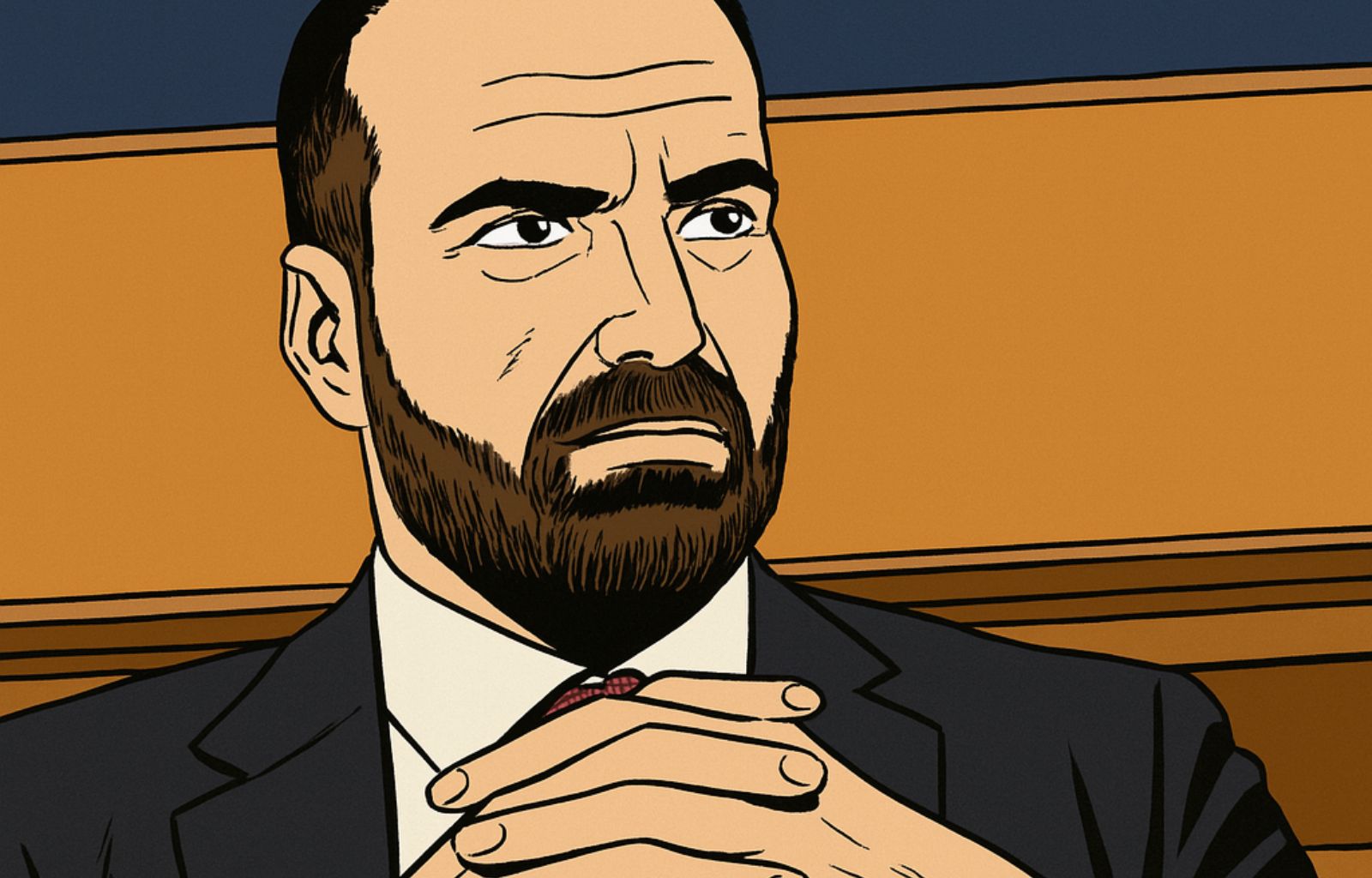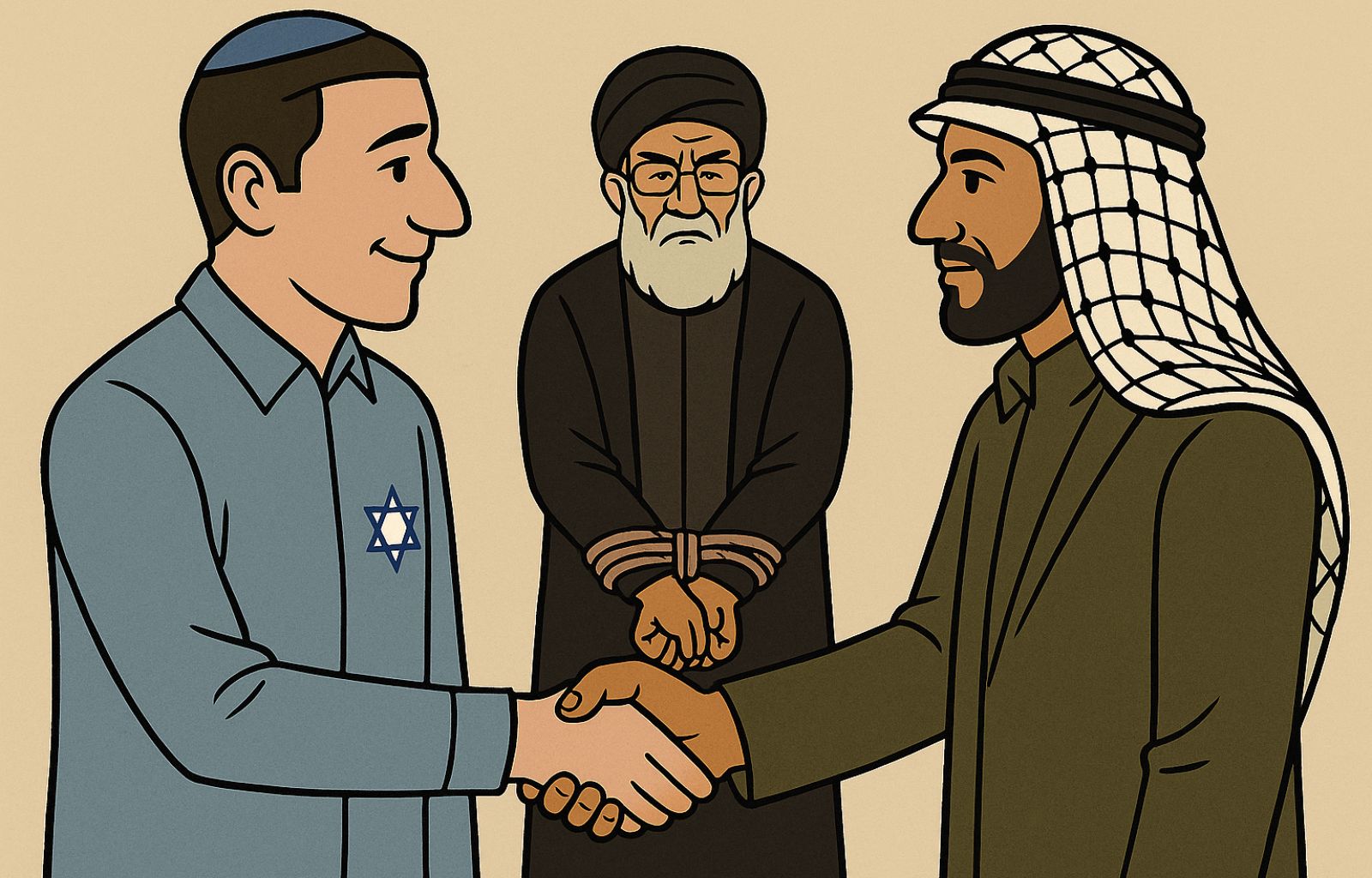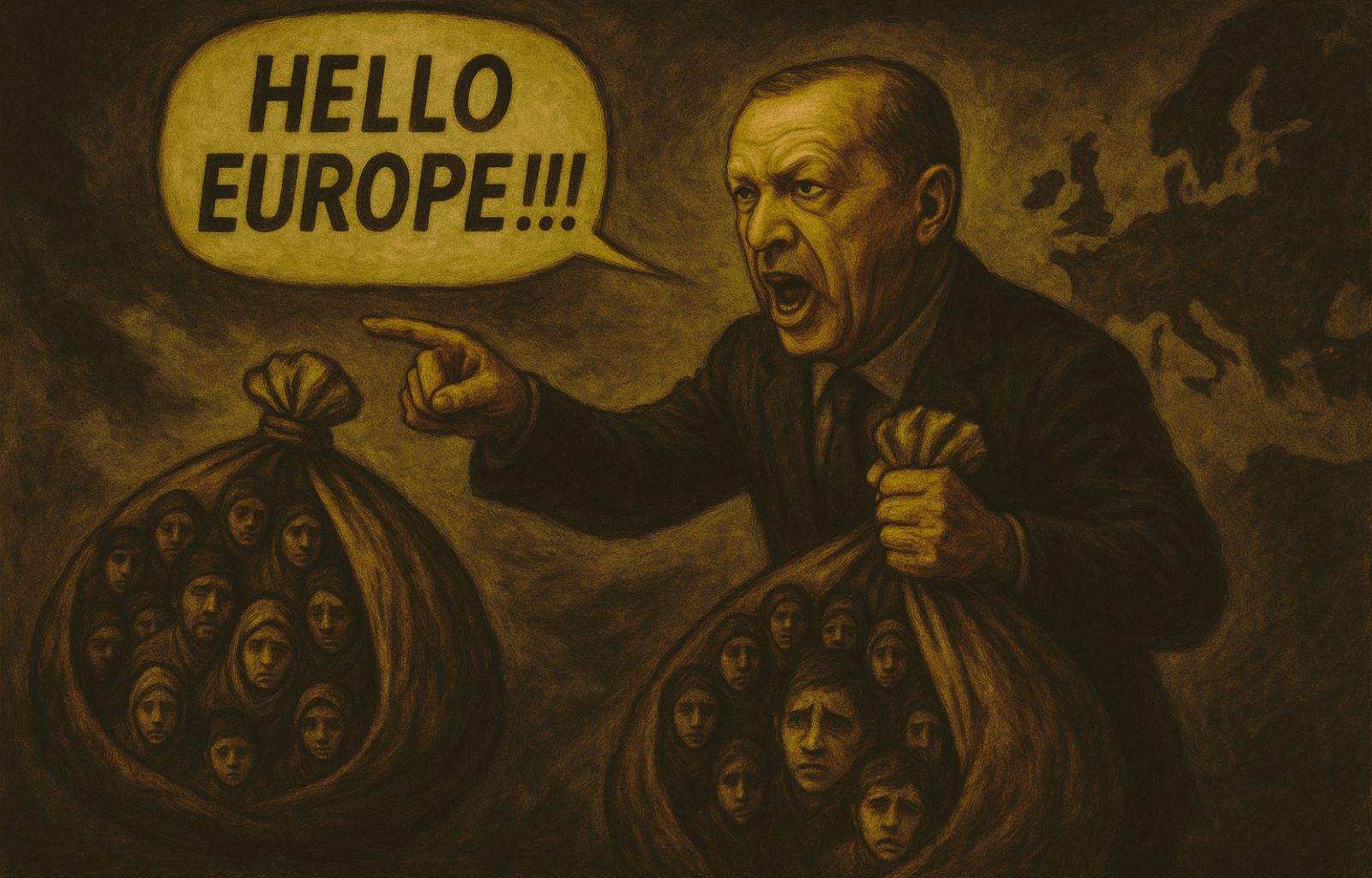Power and deterrence: the French plan for Europe (and Italy’s silent absence)

In his speech on 13 July at the Hôtel de Brienne, on the eve of the French national holiday, President Emmanuel Macron outlined a clear vision: the security of Europe can no longer be delegated. The speech, formally addressed to the French armed forces, was in reality a political message to the whole of Europe. A speech claiming a strategic identity for the continent and proposing France as the pivot of this transformation.
Macron chose to speak in serious but measured tones. He did not hide his concern about global instability, nor his awareness that the coming years could be marked by high-intensity conflicts also on European soil. Without giving in to bombastic proclamations, he resolutely asserted France’s role as an actor capable of leading – along with others – a substantial strengthening of European defence. It is a call to responsibility rather than an appeal to national pride.
Towards a European defence doctrine
At the heart of Macron’s speech is a precise diagnosis of the historical phase in which we find ourselves: an era of transition, in which the post-World War II balances are crumbling. Russia is a permanent threat on Europe’s borders. The Middle East is the scene of continuous crises and deep rifts. Africa is completely destabilised. Wars hybridise, space, cyberspace and the cognitive sphere become new operational domains. In this scenario, Macron outlines a strategy of adaptation and resistance, which passes through a strengthening of military, industrial and technological capabilities.
The doubling of the French defence budget by 2027 – from 32 billion in 2017 to a planned 64 billion – is the concrete expression of this strategy. But the real novelty lies in the multilateral approach: France no longer speaks only for itself, but proposes a model of articulated European cooperation. It does not simply call for more spending: it demands that Europe produce more, innovate together, invest in its own strategic autonomy. And it announces that its nuclear umbrella can play a role in collective security.
Macron does not go so far as to speak explicitly of a European army, but the signals are unequivocal: an integrated defence, shared doctrines, common industrialists, multi-level deterrence instruments. It is a message addressed to those in Europe who are ready to take a quantum leap.
Italy absent and unperceived: a political fact
One passage of the speech was striking by its significant absence. When Macron mentions the main allies with which to strengthen strategic coordination – Germany and the United Kingdom – Italy is not mentioned. This is not, on closer inspection, an oversight. It is the consequence of a real ambiguity that our country conveys today in terms of foreign and defence policy.
An ambiguity that concerns both the government and the opposition. Italian politics continues to oscillate between Europeanism in words and immobility in deeds, between a passive Atlanticism and a sovereignty proclaimed but never translated into a proposal. Italy has remained on the sidelines of the major European dossiers on common defence, not for lack of means or competence, but for the absence of a clear and continuous political line.
And yet, our country has much to say. Not only for its geographical location – at the centre of the Mediterranean – but for the solidity of its military industry, the quality of its diplomacy, and its experience in international theatres. However, in the absence of a strategic orientation, Italy runs the risk of being excluded from the most relevant decision-making processes, as is already partly the case today.
Common defence, shared deterrence
The offer – still sketchy but politically relevant – that France puts on the table is that of shared nuclear deterrence. It is a proposal that opens a chapter that has so far remained outside the European debate: the role of atomic deterrence in Europe’s future. If France really intends to position itself as the guarantor of continental security, the question of shared prerogatives and responsibilities will be inevitable.
Such a step, however gradual, implies serious reflection on the construction of a true European army, with a unified political and military command, a shared chain of command and a common strategic vision. In this sense, France will not be able to escape the long-term institutional evolution that such an opening up entails.
The risk, otherwise, is that Europe will remain a patchwork of national armies coordinated with each other, but without any real unitary political power or ability to react quickly in complex scenarios. European defence cannot be just a sum of good intentions: it needs a vision, but also a structure.
A call to responsibility
The speech on 13 July was thus more than a military one: it was a European one, delivered by a leader who seeks – with all its limitations and contradictions – to take political responsibility for the strategic transformation of the continent. Macron does not pretend to dictate the line to everyone, but he is a candidate to act as a catalyst for those in Europe who share the urgency of a turnaround.
Italy, from this point of view, is at a crossroads. It can remain in a wait-and-see position, limiting itself to formal declarations and a low-profile presence in international theatres. Or it can re-enter the nucleus of countries that define the Europe of the future, relaunching a clear, autonomous, constructive vision in terms of common security.
On the 75th anniversary of NATO and 70 years after the European Defence Community never came into being, Europe needs a new military architecture, as well as a new political one. It needs coherence. It needs will. It needs courage. Macron has tried to put a possible scheme on the table. It is now up to others – including Italy – to decide whether to respond.
